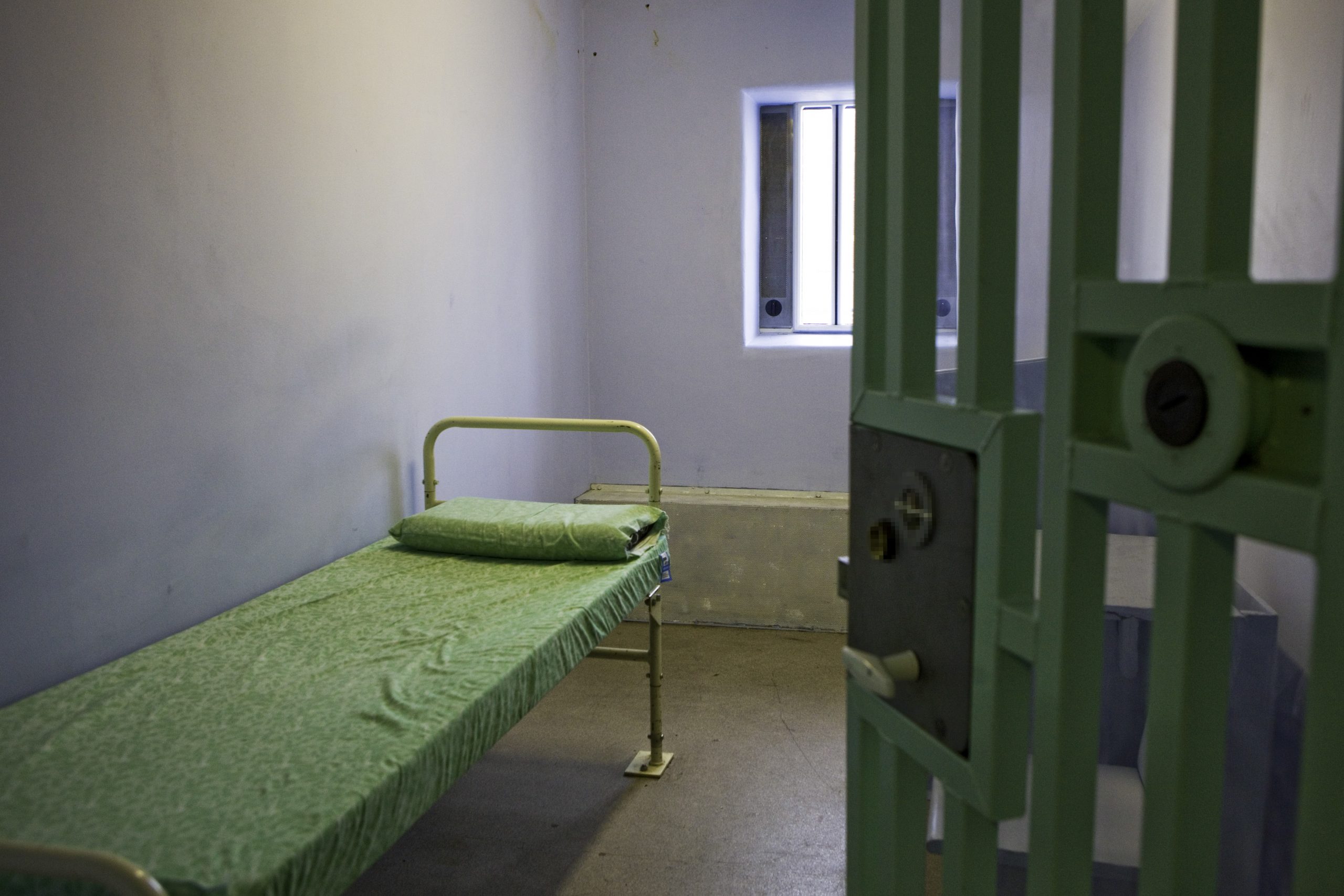Many young adults are currently being confined to their cells for at least 22 hours a day often without access to phones or sufficient credit to call loved ones, according to the Howard League for Penal Reform. The group argues that the ‘terrible conditions’ in prison should be factored into sentencing decisions for young offenders.
They cite the recent ruling by the Lord Chief Justice (R v Manning [2020] EWCA Crim 592) handed down on April 30, 2020 in which he said, ‘the current conditions in prisons’ represented ‘a factor which can properly be taken into account in deciding whether to suspend a sentence… the impact of a custodial sentence is likely to be heavier during the current emergency than it would otherwise’. The ruling went onto recognise the need to treat young adults as a distinct group, saying that ‘reaching the age of 18 has many legal consequences but it does not present a cliff edge for the purposes of sentencing’.
The Howard League research, which drew on 27 interviews with young adults across 15 prisons, revealed that different institutions were enacting differing policies. Some prisons limited phone calls to 20 minutes, restricted the number of calls a day, and expected prisoners to pay for all calls; whilst others provided extra credit to the prisoners. Five were respondents complained that they were unable to make calls form their cells. One inmate told researchers that he was worrying about running out of credit as his phone was his ‘lifeline’.
As well as family links, the Howard League argues that phone calls are vital to enable young people to seek access to external sources of support and plan for release. One respondent told the charity that he was unable to send his legal paperwork as it was thought that his cellmate might have COVID-19 and prison officers would not touch his documents to post them.
Young adults comprise 16% of the prison population despite representing only 9% of the general population and, according to the Howard League, suffer some of the worst conditions. The accepted definition of solitary confinement refers to the physical isolation of individuals who are confined to their cells for between 22-24 hours a day. The Howard League point out that after 15 days, the confinement is considered prolonged, a practice that has been recognised by the Supreme Court as causing irreversible psychological harm.
Education had also been suspended for some prisoners. One prisoner studying for his A-level in business claimed that he had not received any relevant educational materials since lockdown. Materials that have been distributed were described as ‘distraction materials’, such as word searches and puzzles.
Fears for their own health over lack of access to PPE equipment and prison staff failing to abide by social distancing guidance was a strong feature amongst responses. ‘I don’t feel safe, they don’t wear gloves or PPE, they need that, because they are the ones that are going to spread this and they need to clean the facilities,’ said one respondent. Two prisoners claim to have been informed that they were not allowed to wear masks; and a number reported that the were worried that they did not have access to hand sanitiser and that staff were not wearing gloves
Some reported that they were scared of catching the virus. ‘Staff are not taking it seriously,’ said one. ‘… if an outbreak happens a lot of people will die and suffer and I am likely to be one of them.’
A rise in anxieties and decline in mental health was a feature of responses, the report shows. Incidents of self-harm among young adults have increased by 5,000 to over 15,000 between the 10 year period of 2006 and 2016, and 136 of the 164 deaths in custody were as a result of suicide. According to the Howard League, lockdown meant that support services had been largely withdrawn and many prisoners were not receiving their regular mental health support. One respondent, who suffers with paranoia and anxiety, said that he was struggling to keep food down and feeling very anxious. He claims to have been offered 20 minutes out of his cell each day, but said that he was too paranoid to leave.
Support on release of prison has also been significantly impacted with 273 young adults being released into homelessness or unknown accommodation between 23 March and 30 April 2020. Respondents to the research survey relayed that their probation officers had recalled them as they could not find suitable accommodation, as well as one instance in which a young adult remained in custody after approved early release, due to the lack of support received from probation and social services in finding approved accommodation.







